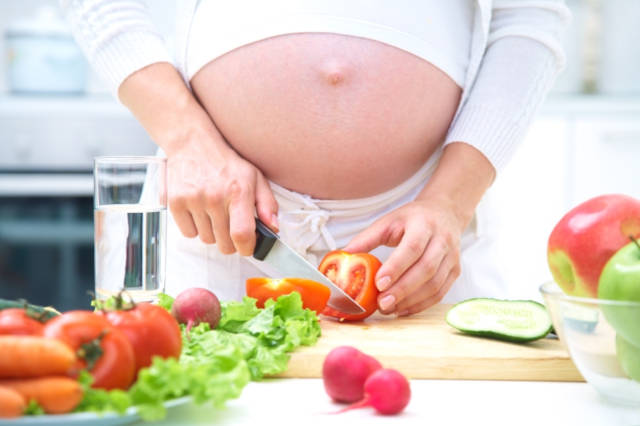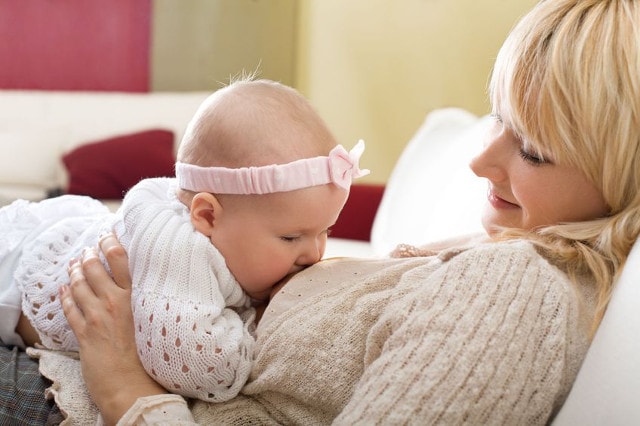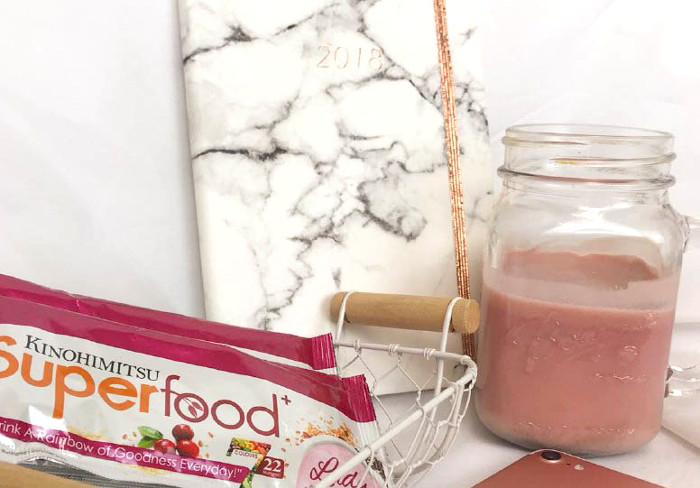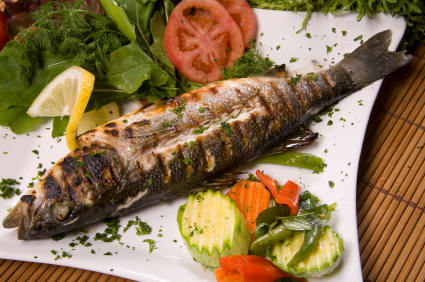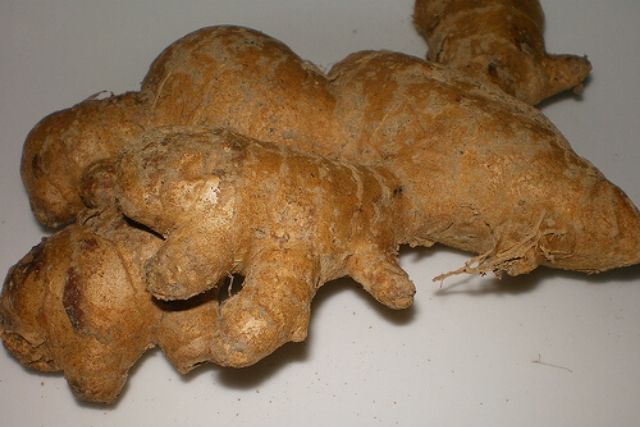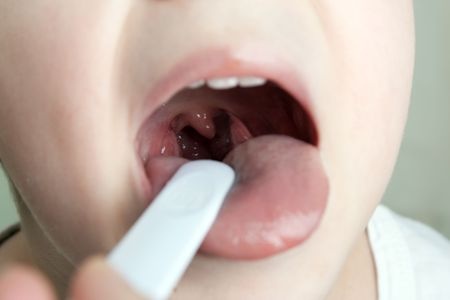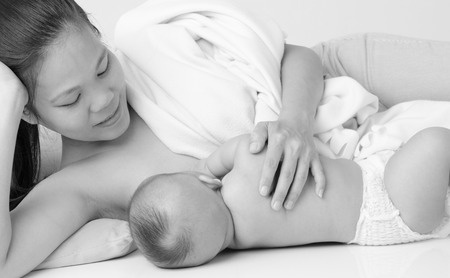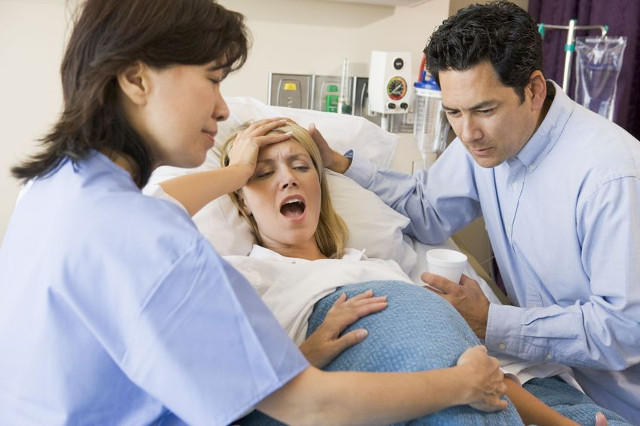Pregnancy is the perfect time to nurture yourself with fresh, colourful and healthy food. What you eat provides all the fuel and nutrients needed to accommodate your body’s changes, while providing your baby with the essential elements required for its optimal growth and development.
However, as your immune system is compromised during pregnancy, your body is more susceptible to infection from food-borne bacteria and parasites.
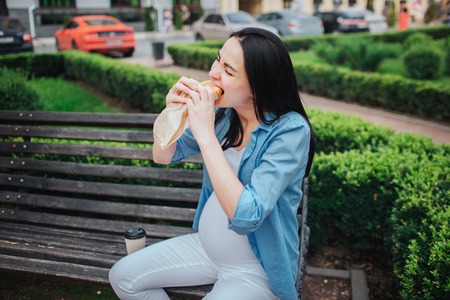
By following safe food handling principles and avoiding foods that harbour dangerous bacteria and toxins, you can help protect your health and the health of your baby.
Avoid the following foods to have a safe and healthy pregnancy.
1. Raw or undercooked fish, meat and poultry

Raw or undercooked animal products, including oysters, clams, mussels, sushi, pink or bloodied meat, puts you and your baby at increased risk of infections from parasites and bacteria, such as listeria, toxoplasma and salmonella. Exposure of listeria to the unborn can be life-threatening.
Similarly, smoked fish, dry uncooked processed meat such as salami and pepperoni, meat spreads and paté may all contain the harmful bacteria, listeria. They are only safe for consumption after having been heated until steaming hot. Canned versions of these products are safe as they have been pasteurised.
2. Cooked fish, meat and poultry straight from the fridge
Refrigeration only slows the growth of certain bacteria, such as listeria, but does not kill them. Cooked and refrigerated fish, meat and poultry are only safe when they have been heated until steaming hot.
3. Fish with high levels of mercury
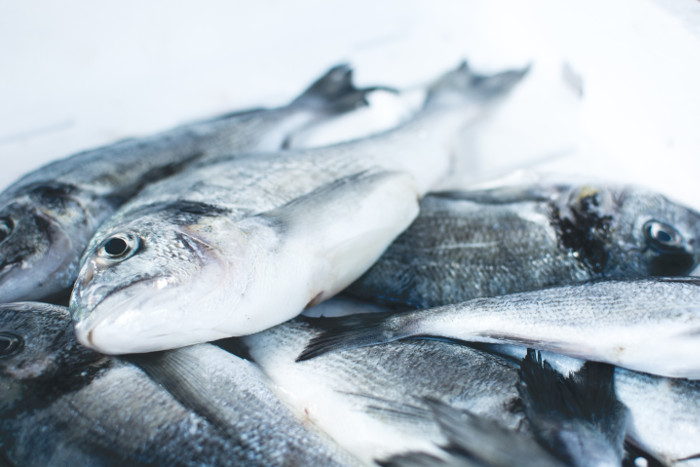
Shark, swordfish, king mackerel and tilefish all contain high levels of mercury. Fish absorb methyl mercury, which remains even after cooking. Methyl mercury crosses the placenta and even low doses of exposure can harm the development of the baby’s brain and nervous system.
Purdue University has a free Fish4Health App that can help you track your mercury intake from fish and supplements.
4. Raw or undercooked eggs
Raw, undercooked, runny or soft-boiled eggs may contain salmonella bacteria, which causes food poisoning. Eggs need to be cooked until the yolks and whites are firm.
Avoid homemade desserts that may contain raw egg, such as ice cream, mousse, tiramisu and meringue. Homemade Caesar salads, custards, mayonnaise and hollandaise sauces may also contain raw egg and are to be avoided.
5. Unpasteurised soft cheese
Soft cheeses such as feta, brie, camembert, blue-veined cheese, Roquefort, gorgonzola and Mexican style cheeses such as queso blanco, are more likely to contain unpasteurised milk and may contain listeria and other harmful bacteria.
6. Cooked and unrefrigerated food
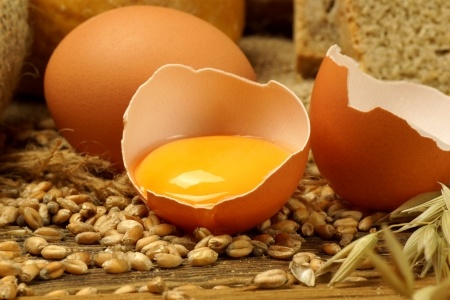
Cooked food, especially containing egg/poultry/meat, that has been left unrefrigerated for 2 or more hours under normal conditions and only one or more hours under warmer conditions, can harbour salmonella and listeria. Hawker-style food left sitting in warmers poses a significant threat. These foods must be re-heated until steaming hot before they are safe to eat.
7. Unwashed fruit, vegetables and raw sprouts
Toxoplasma gondii is a common parasite that can contaminate the soil where fruit and vegetables are grown. All fruit and vegetables, peeled or not, must be rinsed under running water and scrubbed clean before being eaten.
Raw sprouts such as alfalfa, mung bean, radish and snowpea sprouts collect soil on their roots and are highly susceptible to E.coli, salmonella and listeria bacteria contamination.
8. Unpasteurised juice
Unpasteurised fruit and vegetable juices, including packaged ones, may carry harmful E.coli and salmonella bacteria. Even freshly squeezed juices served at juice bars may not be safe, as the fruit and vegetables may not have been washed thoroughly.
9. Unpasteurised milk
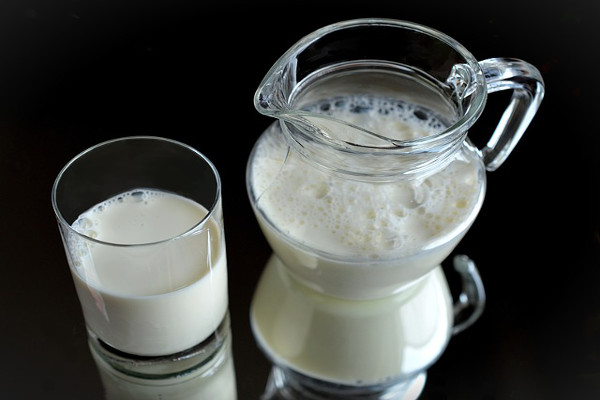
It is unsafe to drink unpasteurised or raw milk during pregnancy as it may contain harmful bacteria such as salmonella, listeria and E.coli. During pasteurisation, milk is subjected to a high temperature that kills these disease-causing microbes.
10. Excess caffeine
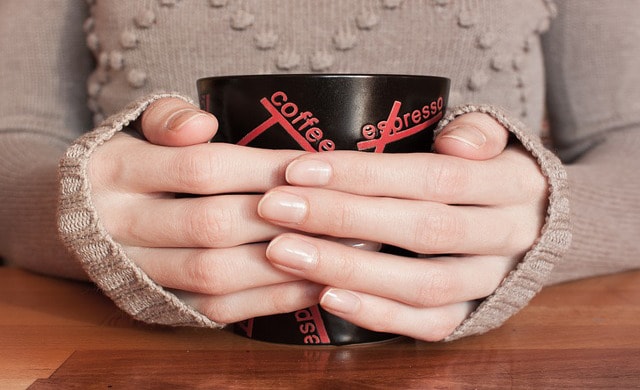
Caffeine is present in coffee, tea, chocolate, and many energy drinks. Caffeine intake should be limited to a maximum of 200mg per day, as higher amounts may increase the risk of miscarriage, premature birth and low birth weight.
11. Herbal Teas and Supplements
Very few scientific studies have examined the safety of alternative therapies during pregnancy. When taken during pregnancy, some herbal teas and supplements may increase the risk of miscarriage and some herbs may also cause foetal harm during labour. Do not drink herbal teas unless they have been approved by your medical practitioner.
12. Alcohol
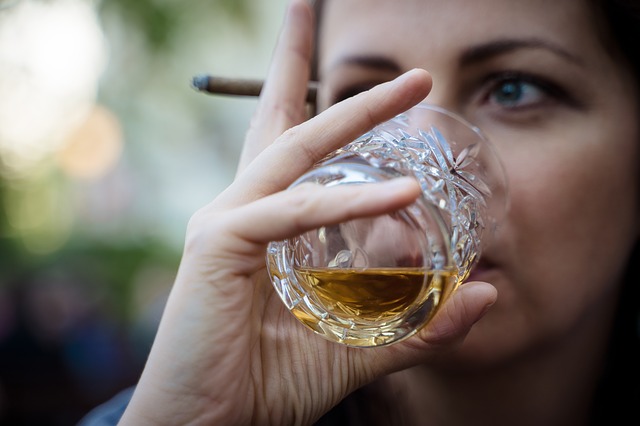
Alcohol should be avoided altogether during pregnancy. Alcohol consumption during pregnancy has been linked to miscarriage and stillbirth. There is no known ‘safe’ amount of alcohol to consume during pregnancy.
This article is contributed by Dr Naras Lapsys from The Wellness Clinic. Dr Naras is an Accredited Practising Dietitian from Sydney, Australia with over 14 years of experience providing personal nutritional guidance for healthy pregnancies. He has a Master’s degree in Nutrition & Dietetics and a PhD in Molecular Genetics.
* * * * *
If you find this article useful, do click Like and Share at the bottom of the post, thank you.
Want to be heard 👂 and seen 👀 by over 100,000 parents in Singapore? We can help! Leave your contact here and we’ll be in touch.




































